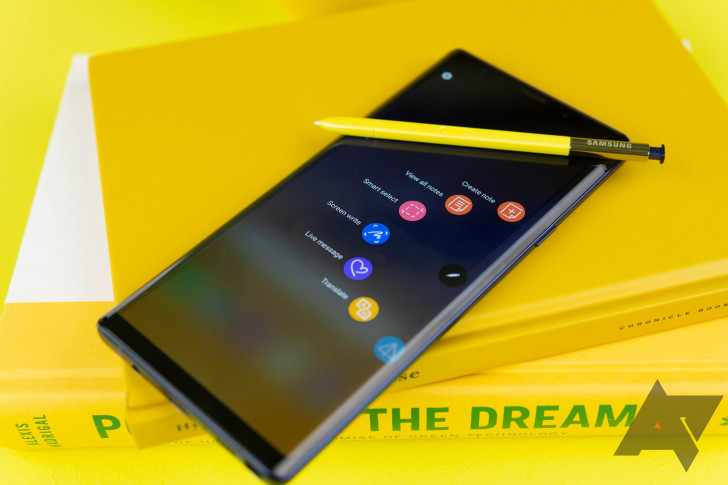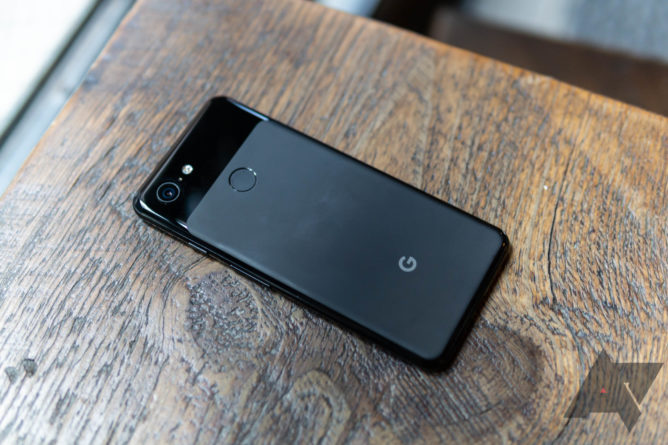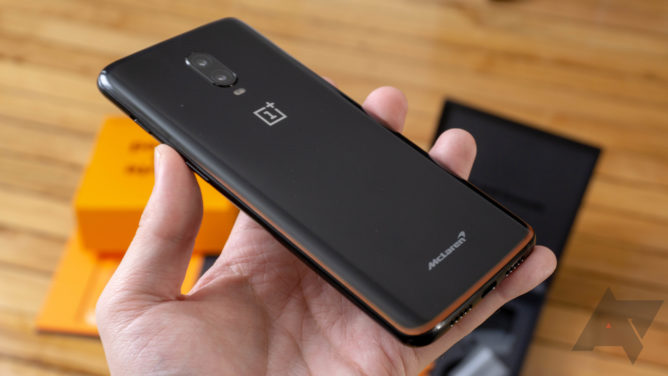Will the annual smartphone cycle continue to be profitable for manufacturers as they move to the new device upgrade plan?

Original material by David Ruddock
We buy a smartphone every two years. At least that's to be expected from the average person. And although in reality this figure is different for any two people, we know that this is expected by companies that make and sell smartphones. Therefore, when a smartphone reaches the 'age' of two years, its owners are probably already ready to change it to something better. But not everything is so obvious: what is happening suggests that the picture is changing.
В эпоху первых iPhone, которые на тот момент продавались эксклюзивно у AT&T, политика обновлений оператора позволяла покупать новое устройство раз в два года со значительной скидкой в обмен на привязку к услугам оператора ещё на два года. And when iPhone began to appear on other operators with the same policies, the same thing happened with the trend towards renewal. Apple deliberately decided to 'ride' this trend and continues to do so: every two years a major update iPhone is released, which is separately emphasized by the naming system for new models. With this scheme Apple, the operators have created a kind of symbiosis in terms of profit – contract and renewal, renewal and contract, and many consumers are only happy to participate.
There are many reasons for participating in this, they fall under goofy generalization, whether it is the choice of a smartphone as an indicator of status, the planned obsolescence of technology, or simply a special kind of American consumerism cult that has washed the heads of the majority. But none of these reasons leads to a correct understanding of the general picture, because the reason for updating the phone for each person is purely subjective and strangely specific. For example, my dad finally updated his old phone because he thinks it stopped beeping after the update when a message came in. So, the logic is meaningless here.
The two-year smartphone 'life' cycle initially lacked a compelling rationale and so the concept began to fall apart. My parents have been using their current smartphones for more than three years, and my friends and acquaintances outside the mobile technology industry (which often represents a bubble of constant desire to update) even longer. And I do not see any trend here in terms of age, profession and even income. As funny as it sounds, I've noticed that as much as we complain about our smartphones, most people I know seem to have come to terms with inadequacy and frustration as part of the smartphone experience. Even the newest smartphone won't work the way you want it to, that's all smartphones.

Pixel 3XL set a new record for the price – $ 900. This is not the limit
This understanding is coming to an increasing number of consumers, they are increasingly ignoring the same story from smartphone manufacturers: how a new smartphone does everything the same as the old one, but much better. Well, the very approach of manufacturers to updating devices is increasingly incremental in nature and creates preconditions for excessive advertising, exaggeration of benefits and unrealizable promises of improvements. Take digital assistants, for example. Yes, they are a demonstration of incredible breakthroughs in the technical and practical capabilities of artificial intelligence and machine learning, but at the same time, they are often ridiculed. Even my mom sees Siri as a mockery first and then a useful tool.
But smartphone makers are increasingly trying to force us to strive for experience and features from future versions of devices so that we have the most current technology in our pockets. Still, I think the more we trust the words of these companies about the benefits of their innovations, the more likely we will be disappointed in them. Regardless of what Google says, my phone can't magically remove blur in a photo taken in a dark bar ahead of New Year's Eve. The 'power save' button will not significantly increase the battery life of my device from the last 15% of the battery, if I actually use it. With the advent of networks 5G, I still won't be able to use mobile networks on the plane. And no one has been able to solve the riddle of broken screens, which remain at the level of a shuddering epidemic. Just take a ride on public transport and look around, a full bus is essentially a telephone 'emergency room'.

OnePlus 6T McLaren Edition costs $ 700, double the company's smartphone 4 years ago
What I'm trying to say so sarcastically is that many of the main problems and pain points of smartphones remain unresolved, and as our experience of using smartphones approaches the ten-year milestone, we begin to learn from experience. For example, we understand that updating a device does not solve all problems as we would like. Given the rising cost of smartphones, this is another reason to wait another year for the next big break.
And this is not just thinking out of touch with reality: operators are already starting to take their steps. Probably the most economical operator of the big four [US] T-Mobile is now selling some expensive smartphones with a 36-month service plan, ditching the 24-month option. While I personally think the idea is absurd, T-Mobile is clearly betting that users will prefer less monthly costs to more frequent device updates. Remember that by and large it makes no difference to your operator whether to sell you a phone every two or three years, but keeping you as a consumer of their services for another three years is much more preferable, because their entire profit comes from services. If the new scheme from T-Mobile becomes popular with consumers, then you can bet that other operators will pick it up.
So will the annual smartphone cycle continue to be profitable if we buy less often? For now, most likely yes: even in saturated markets, phones are sold in quantities that make annual updates absolutely worthwhile for manufacturers, especially in such a competitive space where it is necessary to keep up with competitors. But all this will lead to higher prices as sales fall, average life cycle increases and the upcoming transition to 5G. Take a look at this from which side: if a business Apple is built on how to bail out $ 500 from each customer iPhone, then they will do it, let it be at least once every two years or every three years. And I think we are still a long way from the peak smartphone prices shock. $ 1,000 for a smartphone? Take it twice as high, it's worth the wait and it will happen.
Original material by David Ruddock
Experience is a great thing, and smartphone experience is no exception. Of course, no one wants to spend a lot, but not everyone succeeds in immediately finding their golden ratio of a smartphone. For example, my friend, a once convinced user iPhone and a skeptic in terms of Android recently bought a red OnePlus 6 8/128 for 30,000 rubles and there was no limit to his delight, the device was practically all his 'Wishlist' and, it seems to me, the question of buying a smartphone is closed for him for two years. For now, I will also wait a little, I want to see what 2019 is in store for us. But this was not always the case, I could change three phones in a year if I did not like something critically in the current model.
I agree with the author that the trend, unfortunately, will lead to an increase in the cost of smartphones, which is not entirely pleasant in our market, where the practice of contracts for services for 2-3 years is not yet so popular. But there are first attempts to subscribe to smartphones, as you know, Samsung recently started with this initiative. At least curious. But this does not justify the rise in prices, whatever one may say.
Does this mean that we should rush to change smartphones before prices skyrocket? Definitely not. You just need to soberly weigh the pros and cons of buying and separate the marketing husk from the real benefits of a new device, no matter how difficult it may be in the context of the modern media bombardment of consciousness with the idea of the newest as the best.
